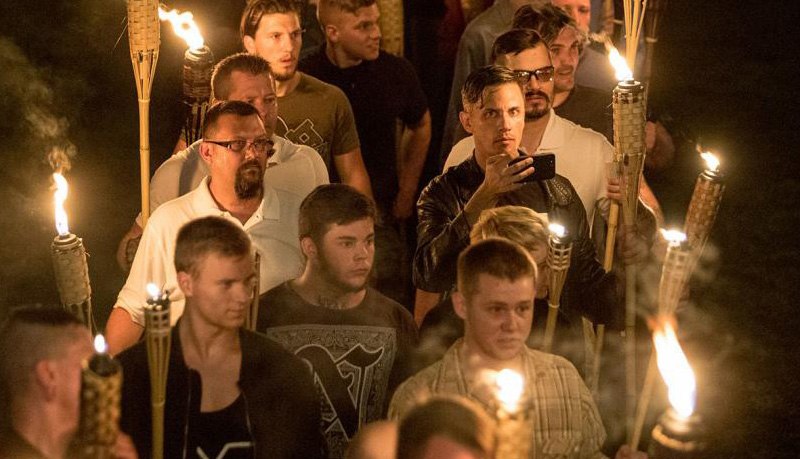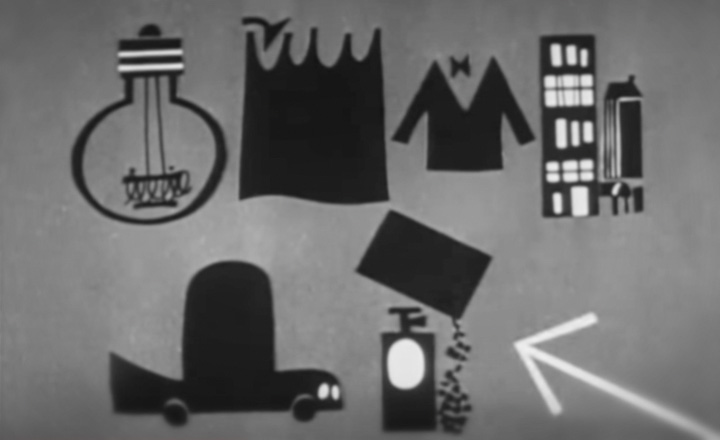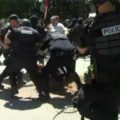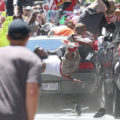(buckle in, it’s long)
When I was in graduate school for international conflict resolution, we studied the efficacy of Nye’s concept of ‘soft power’ pretty in depth because it was the ‘it’ theory of the age. Soft power is a broad term describing the ‘noncoercive’/nonviolent tools like economic assistance, cultural exchanges, and education programs that can have dramatic impact on reducing instability between actors.
These tools are essentially the opposite of ‘hard power’ —military and economic coercion. Soft power can be an extremely effective set of tools during conflict emergence, frozen conflicts, dispute settlement, and post-conflict reconstruction, but it is severely limited during the conflict escalation, ‘stalemate’/during conflict, and is most cases, even during de-escalation periods for a myriad of reasons.
In cases where the policy or cultural values of one actor is in direct odds with the motivations, execution, and intended outcomes of another, soft power is repelled and ultimately requires the support of hard power.
Soft power also only produces incremental outcomes over long periods of time, so it is not useful when faced with an immediate existential threat without working in tandem with hard power. Without participation from both actors, soft power is ostensibly neutered. Finally, there is also the rationalist critique that actors ultimately only truly respond to money and the use of force and that soft power is always backed with the implication of hard power.
How does this concept of power apply to Charlottesville?
You have two actors with divergent cultural values: White Supremacists/White Nationalists/NeoNazis/Alt-Right whose beliefs range from the protection of White privilege to establishing a White ethnostate in the US to the full eradication/genocide of non-Whites.
Then, you have the counter-protestors/Antifa, whose varied beliefs ultimately boil down to fostering multicultural state with equal rights for all identity groups. There is also the added complexity of domestic policy and key political elites that support institutional racism in odds with the counter-protestors/Antifa.
Charlottesville was a period of conflict escalation on part of the WS/WN/NN/AR that resulted stalemate between both actors. At no point during this event was the soft power available to the counter-protesters/Antifa, though there were several failed efforts.
In fact, the period of soft power mechanisms for avoiding this particular conflict has long since lapsed based on known effective conflict prevention models: (Examples: In the case of ethnic stratification it required policies of power-sharing – the repeal of the Voter’s Rights Act, undermining civil rights, and frankly the entirety of American history fucked that, in polarized attitudes it required cross-cultural sharing – cultural appropriation, social stratification, corporate media, etc., fucked that, and in civic instability it required sound institutions – police brutality, the deep racism of our judicial branch, non-representational governance, etc., fucked that).
The motivations, execution, and intended outcomes of both groups are diametrically opposed, meaning any effort of soft power (including nonviolent activism through diplomacy, incentives, or education) would be repelled instantly. The two actors were down to the exercise of hard power to achieve their ends whether through direct application or simply the implication of threat. We obviously saw both in this situation.
To further complicate the power dynamics in Charlottesville, we need to factor in the actual ends when it comes to the use of more palatable soft power and the less palatable hard power.
Both soft and hard power can be used for illegitimate gains (Nazis also can use education, diplomacy, and economic assistance to further their intended outcomes).
Thus, in a measured assessment of ends and means, the type of power is ultimately not as important as the outcome, though obviously the use of soft power is more desirable because it has less of a negative impact on the ends.
So taking the motivations of the actors, the dynamics of power, and known conflict resolution models into account, there was only two possible scenarios to reach de-escalation of the stalemate in Charlottesville:
a.) Exercise of hard power by one or both actors
b.) Objective third party peacekeeping intervention
b.) is off the table as the only available third party was the police, which have long since been objective in racial matters. Therefore, a.) was the only possible outcome.
So considering a.), who would you rather wield hard power: White Supremacists or Antifa?
The answer is obvious from a moral standpoint: Punch the fucking White Supremacist, punch them into a submissive point where de-escalation from the stalemate is possible – then and *only* then can we talk about effaceable applications of soft power to deal with ***overt*** (☜ keyword!) White Supremacists in our country.
—natalie michelle
Flommist Natalie Michelle doesn’t have a bio. She just rants. Copyright © 2017 Natalie Michelle.
PLEASE SUPPORT FLOMM
TIPS + DONATIONS DISCREETLY ACCEPTED
















